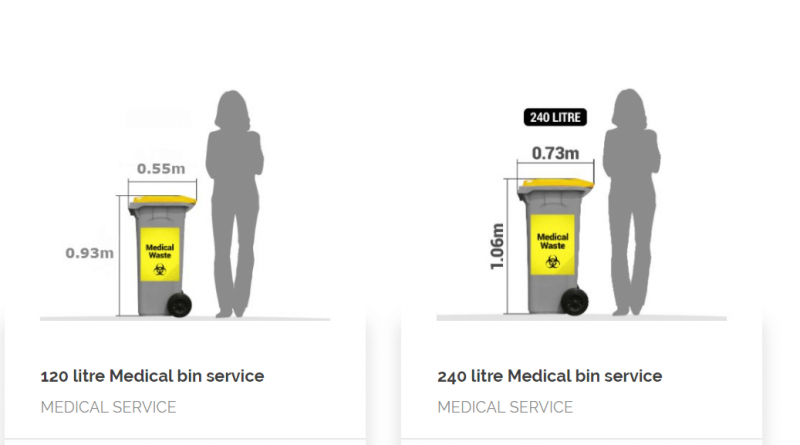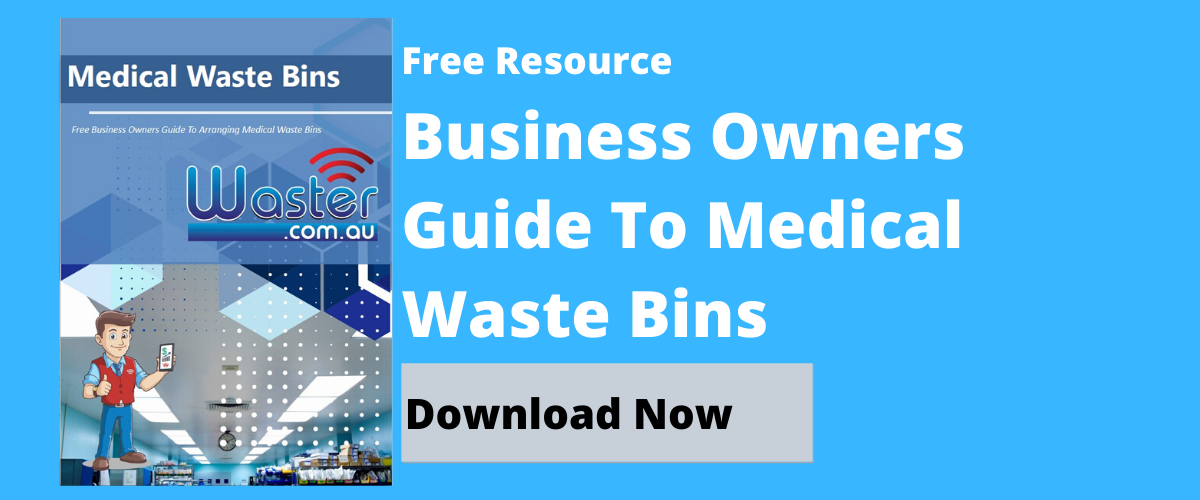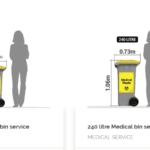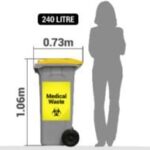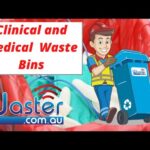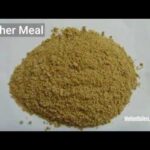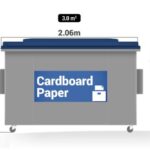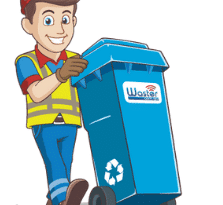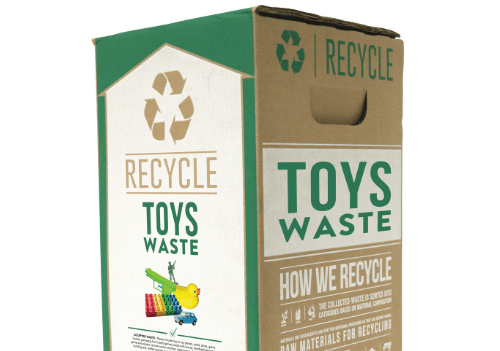Medical Waste Disposal 💉- Everything You Need To Find Out!
Energy Disrupter
Medical Waste Disposal 💉: when it comes to reliable, high quality and trustworthy waste management services, there is no reason why the medical, veterinarian and pharmaceutical sectors should not benefit from the low costs and excellent customer services provided by Waster’s online model.
>Download Now: Free PDF Business Owners Guide To Medical Waste Bin Services
In this blog, we provide easy to follow and usable information detailing how your business can reduce their waste costs and improve business flexibility by implementing three easy steps. At all times you can also rest assured that your services are being provided by a fully qualified and insured provider.
We often get contacted by businesses requiring medical waste services – such as clinical waste, pathology bins, sharps containers and collections and used pharmaceutical bin services.
Some of the businesses require regularly scheduled pickups of multiple bins every week – and others may only require a small medical waste disposal containers service on an on-call basis.
What medical waste disposal container services does Waster offer?
Waster offers comprehensive high-quality medical waste bins management services across all metro regions throughout Australia. Waster makes obtaining your waste services fast and can service operators in dental, medical, veterinary and research areas. We ensure maximum control of any infection risk throughout the entire process by following EPA approved processes in each Australian state and territory.
We supply sanitised and fully lined mobile clinical waste disposal bins that we collect when full and transport to our fully licenced waste treatment facility. Waste is treated using state of the art steam sterilisation or incineration technology before being shredded and disposed of.
Clinical – discarded sharps, lab and associated waste, human tissue and animal tissue or carcasses used in research
Cytotoxic – Waste is material that is, or maybe, contaminated with a Cytotoxic drug during the preparation, transport or administration of chemotherapy. Cytotoxic drugs are toxic compounds known to have carcinogenic, mutagenic and/or teratogenic (causing foetal and/or neonatal abnormalities) potential. Must be incinerated
Pharmaceutical – Used or unused drugs, waste generated from the manufacture of drugs. Must be incinerated
Anatomical – Body parts, or components used for replacement of joints etc. Must be incinerated.
Further information
Waster provides medical waste containers subjected to disposal in both 120 litre and 240-litre sizes for the safe collection of waste at the customer site. All waste is collected in EPA approved and compliant vehicles.
Furthermore, we can also provide collections in smaller sizes such as 20-litre medical waste pails as required. Please contact us for a quote in that regard.
All wheelie bins sizes are coloured yellow in line with Australian bin and waste sticker standards, making it easy for your staff to make the correct disposal decision.
The medical waste units will generally be kept inside your surgery or business. Additionally, they will be swapped over for a new unit each time it is collected. Our team will enter your premises and swap the clinical waste bin over. You do not need to leave the bin outside for collections.
You can see the bin sizes for medical waste disposal containers shown in the images below:
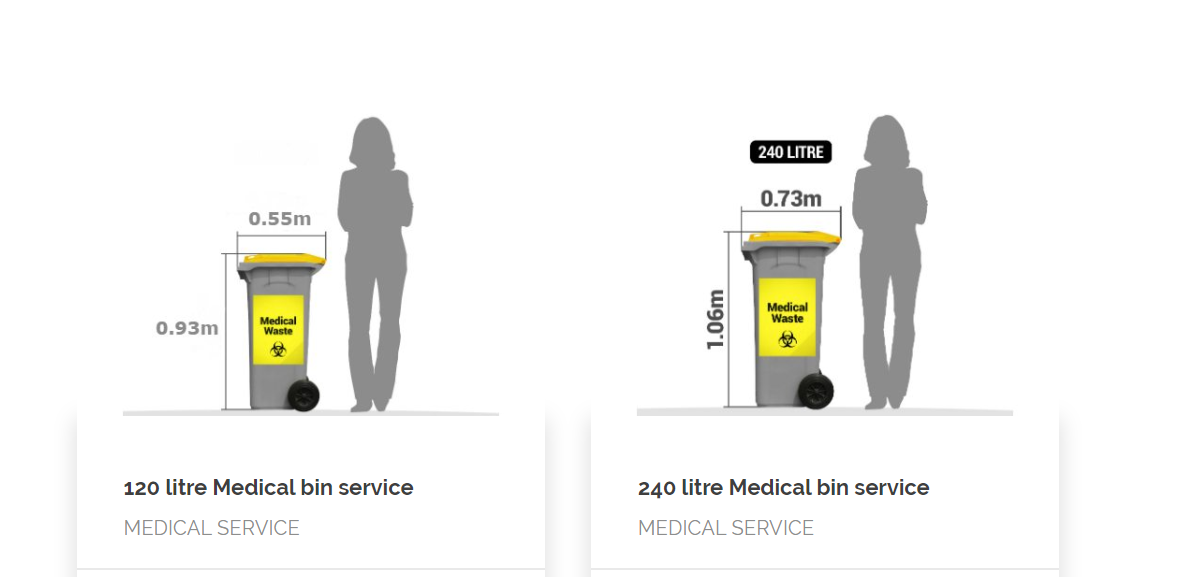
Along with that, here are our other medical waste disposal services we offer to you:
Sharps collections – we offer sharps collections, often at the same time as your medical waste bin – with the container inside the bin for simplicity.
Shredding of medical records and personal documents – we offer secure document destruction in 120-litre and 240-litre bin sizes.
Ancillary services – we have arranged licensed and fully regulated services covering medical practises such as dentist liquid waste. Please contact us if you have any unusual or niche service requirements.
Waste management plans – we have helped many businesses produce waste management plans as part of their DA process to ensure everything runs smoothly. Check out our recent blog on sanitary bins Sydney and tips on washroom etiquette.
3 tips to saving money on your medical waste collections
The easiest way to save money on medical waste services is to follow this simple plan:
A. Check out your current contract
See if you are tied into a long-term, restrictive supply arrangement with your current waste supplier. There is no reason for business in Australia in 2019 or 2020 to be tied into a long term contract that does not suit their interests. Waster operates on flexible 30-day contracts.
[embedded content]
B. Compare your waste collection prices online
Waster brings transparency to medical waste disposal, you can compare your current costs with our online shop. We currently offer medical waste disposal in the following metro regions: Canberra, Newcastle, Central Coast NSW, Sydney, Wollongong, Darwin, Adelaide and Hobart.
C. Say goodbye to hidden or additional fees
You may have been charged extra fees from your incumbent waste supplier such as bin rental, site fees, environmental fees, admin fees etc. Waster.com.au does not charge these fees. What you sign up for is exactly what you pay. For full details on pricing inclusions please see our pricing page. If you want to see an example of clear pricing, see our grease trap price.
For added benefits, you can dispose of a sealed sharps container inside your medical waste container at no additional cost.
We can also drop off additional sharps containers (in a range of sizes) for you when servicing your clinical waste bin.
Check out our recent article when we launched medical waste bins Melbourne services.
What to do now?
The smartest choice at this juncture is to check our online prices for medical services.
Risk of improper medical waste disposal practices
Without proper waste disposal practices, the medical laboratory runs the risk of harming the laboratory itself along with the staff, the supply chain, and the waste collectors tasked to dispose of the waste.
Medical Lab Management states the following risks for the following people:
- These risks also tend to be compounded for staff outside of the lab, as they are often unaware of what they are handling and the corresponding hazards it may pose.
- Environmental services employees who empty trash bins or handle containers at the facility waste collection area may be exposed to sharps, chemicals, or bloodborne pathogens if improper practices are followed.
- Contract staff that transport waste to landfill disposal sites and incinerators also are at risk for contact and exposure to hazardous pathogens.
Negative occurrences like getting injured and punctured due to sharps, bodily fluids, blood, and mucous contamination, and getting exposed to harmful chemicals can happen without proper laboratory medical waste management. These can lead to health conditions like HIV and Hepatitis or any other complications caused by hazardous products.
Additionally, to emphasise, all of the above can still happen even with proper practices. But, it can be lessened; so, proper clinical laboratory waste management practices should be prioritised.
As a result, medical laboratories, healthcare facilities, or anything that produces and studies certain drugs and pathogens that can harm humans, animals, and the environment should implement proper waste management in their premises. This includes classifying medical, clinical, or biohazardous waste to see to its proper waste disposal. Medical waste management and disposal practice with proper implementations should exist, in other words.
Importance of medical waste management and disposal
As once again stated by MedAssure, “One of the main challenges to waste companies is knowing what’s being sent in its trucks to the treatment facility. They rely on trusting the provider that the pickup ordered was done correctly. An even bigger issue arises when regular waste is thought to be picked up and then it’s revealed that it was a medical waste”.
Now, to further elaborate, why exactly are the medical waste management and disposal so important and necessary? The answer is very simple; as stated above, the primary reason is it ensures the safety of the healthcare facilities and the likes’ workers, patients/customers, and the environment.
If you read our blog on infectious waste disposal, you would know that biowaste is a type of dangerous and contagious waste that can be handled with effective medical waste management.
Additionally, there is also the medical waste act you should know. The Environment Protection (Waste to Resources) Policy 2010, or W2R EPP, regulates the healthcare facilities (but not hospitals with more than 40 beds and pathology laboratories). Before, they strongly required the facilities to incinerate medical waste. But now, there are other alternative methods (such as medical waste management disposal services) in addition to incinerating it.
Remember, to ensure proper medical waste management, make sure to put it in the correct bin!
Proper medical waste management
The first thing you should do to ensure proper medical waste management or disposal is to follow the protocol in dealing with these materials in your area. The general things to remember:
- wear protective equipment,
- sterilise the contaminated portion of the facility, and
- practise proper disposal
Always remember to wear gloves when you do medical – especially for infectious materials– waste management and disposal practices. You should remove and dispose of them hygienically once done using them. Additionally, you should cover your whole body as much as possible. Avoid exposing your wounds if you have one. Properly dress them with bandages.
You should also isolate the area where the medical, infectious waste was originally located. Use effective cleaning substances like bleach, hot water, and detergent. Likewise, you should also dispose of them properly after use in a hygienic and safe way. And don’t forget to sanitise your hands afterwards!
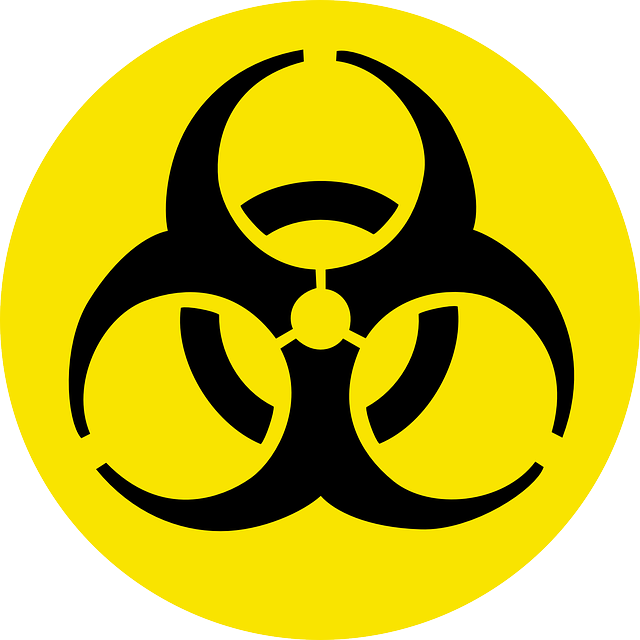

Proper medical waste disposal practices also include:
- Minimising contact with biomedical waste as much as possible
- Discarding them into a suitable bag, container, etc.
- Using bags with the appropriate colour and symbol – e.g., biohazard infectious waste symbol
- Transferring the biomedical waste safely
- Making sure not to overfill the suitable waste bag/container
- Adhering to local clinical waste disposal policy
In other news…
When medical waste bins are collected, it is extremely important that the contained waste is correctly treated. This is to ensure the sterilisation of any pathogens or bacteria. According to the article at Wikipedia: “An autoclave is a pressure chamber used to carry out industrial processes requiring elevated temperature and pressure different from ambient air pressure. Autoclaves are used in medical applications to perform sterilization”
The device is particularly useful for medical waste and materials :
“A notable recent and increasingly popular application of autoclaves is the pre-disposal treatment and sterilization of waste material, such as pathogenic hospital waste. Machines in this category largely operate under the same principles as conventional autoclaves in that they are able to neutralize potentially infectious agents by using pressurized steam and superheated water. A new generation of waste converters is capable of achieving the same effect without a pressure vessel to sterilize culture media, rubber material, gowns, dressings, gloves, etc. It is particularly useful for materials which cannot withstand the higher temperature of a hot air oven”
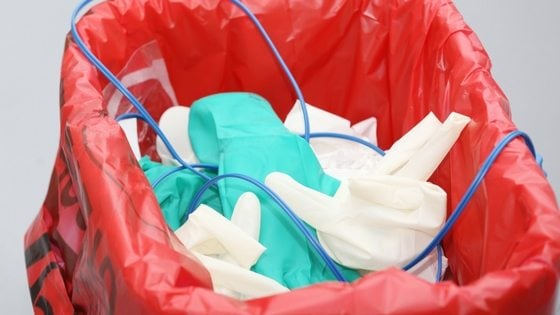

Incineration as an alternative treatment
Incineration is commonly used for the treatment of waste such as:
- Trace chemotherapy waste
- Pathological waste, including body parts and other biological tissues
- Some types of hazardous waste
You should know where your medical waste goes and how facilities treat it. This is for everyone’s peace of mind and business continuity.
Sydney-specific medical waste collection and disposal: what constitutes medical or clinical waste?
As per the New South Wales EPA, medical or clinical waste is defined as:
“The Protection of the Environment Operations Act 1997; Schedule 1 Scheduled Activities – Clause 50 Other definitions, defines clinical waste as follows:
Clinical waste means any waste resulting from medical, nursing, dental, pharmaceutical, skin penetration or other related clinical activity, being waste that has the potential to cause injury, infection or offence, and includes waste containing any of the following:
– human tissue (other than hair, teeth and nails),
– bulk body fluids or blood,
– visibly blood-stained body fluids, materials or equipment,
– laboratory specimens or cultures,
– animal tissue, carcasses or other waste from animals used for medical research”
The EPA has also provided a number of informative fact sheets and documents to help you make the right choice about your waste services:
As the people responsible for collecting medical waste must be authorised by the local EPA and health bodies, Waster provides all relevant services in line with current legislation. All of our services are delivered on 30-day agreements. This means you do not need to worry about long term contract or rollover clauses.
Additionally, we also provide ancillary services such as sharps collections (all medical waste collection containers sizes) and confidential paper disposal. We look forward to speaking with you!
See our blog on how the UN is approaching environmental regulation.

